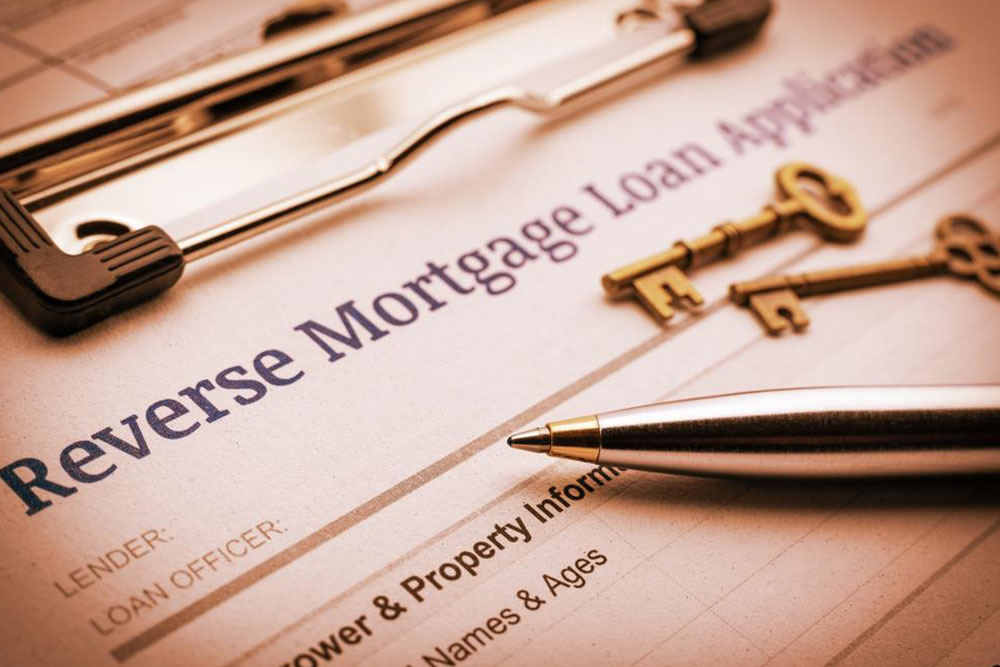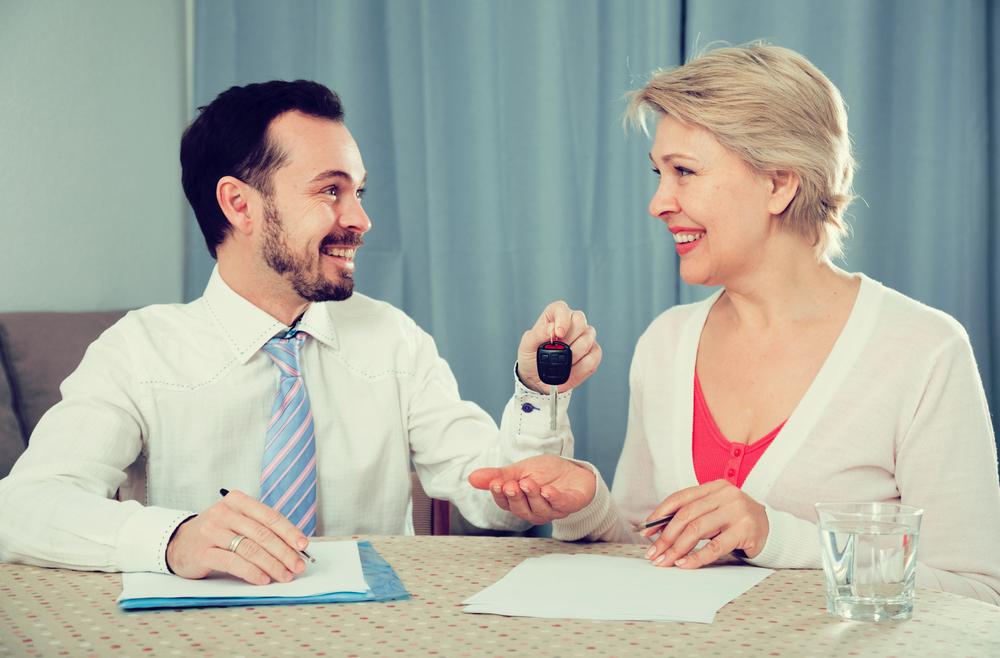How to Determine Your Eligibility for a Reverse Mortgage
Discover the essential eligibility criteria for obtaining a reverse mortgage. Learn about age requirements, home equity, residence status, and the counseling process to determine if this financial tool is right for your retirement needs. Understand home and financial qualifications, as well as key considerations like interest rates and repayment. This comprehensive guide helps seniors navigate reverse mortgage eligibility smoothly and make informed decisions about their retirement planning.
Sponsored

A reverse mortgage allows homeowners aged 62 and above to access the equity in their homes without selling. Unlike traditional mortgages where you make monthly payments, here, the lender makes payments to you, and the loan is tax-free. You don't need to repay it until you move out or sell the property.
Key eligibility criteria include:
Age Requirement
You must be at least 62 years old. Recent rules allow some exceptions for non-borrowing spouses under specific conditions.
Equity in Your Home
You need to have substantial home equity, typically at least 50%, to qualify for a reverse mortgage.
Primary Residence
The property must be your primary residence and must be owner-occupied. Investment properties are ineligible.
Counseling Requirement
Applicants must complete a counseling session with a HUD-approved agency, which provides detailed loan information and helps determine if a reverse mortgage suits your financial situation.
Additional home qualifications include:
Eligible homes include FHA-approved condos, multi-family units with 2-4 units, single-family homes, and townhouses.
The home should be in good repair, well-maintained, and free from major issues like termites or electrical problems.
An approved appraiser must evaluate the property's value.
Financial criteria consist of:
Proven ability to pay property charges such as taxes, insurance, and HOA fees.
Approval of your income and assets via credit reports to ensure ongoing expense coverage.
Remember, reverse mortgages may involve:
No additional fees beyond the loan costs.
Variable interest rates that can fluctuate over time.
Accumulating interest increases the total amount owed.
Tax-deductible interest only if the loan is repaid.
If your spouse is not on the loan, they can continue residing in the home after your passing, provided all property expenses are maintained.






